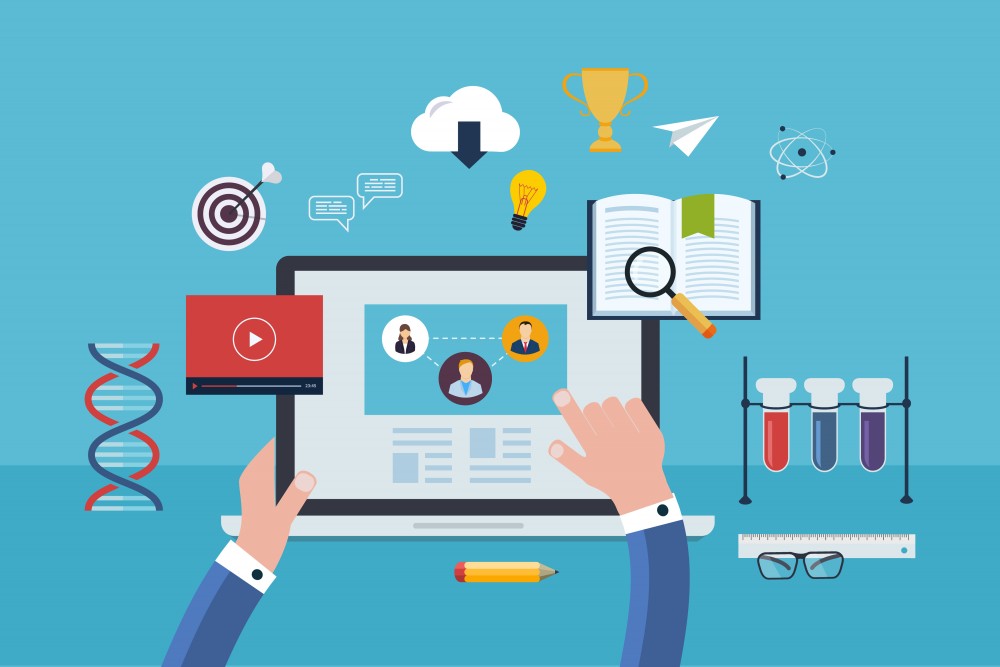There are a lot of negative stereotypes in the learning industry about the challenges that Millennials present for people who are trying to teach us. In defense of Millennials, here are 5 observations on how our generation thinks about learning and how we learn faster and more efficiently than everyone else:
- Millennials have just-in-time, targeted learning experiences pushed to us with app, email and text alerts.
- Millennials seek out bite-sized pieces of relevant information immediately at the moment we need them.
- Millennials crowd-source our learning through the collective experiences of others instead of waiting to gain our own experiences over time.
- Millennials quickly adopt new learning channels and we tell those platforms and people what topics we care about.
- Millennials share what we learn with our networks in a meaningful way, serving as curators of learning content for our friends and colleagues to help them sort through the clutter.
What have you found to be true of the Millennials in your workplace?


I’v yet to meet a millennial as described in your 5 observations. The individuals I have worked with are rude, anti-sociable, disrespectful, poor communication skills, and because they borrow others information and knowledge from technology, usually don’t have hands on experience, and don’t want it either. This is just my experience. I’ve been working for 40 years and the last 20 in management positions.
We need to stop over-generalizing the generations. Being in the 30+ group puts me in the Millennial corner, yet I don’t have a lot in common with younger 20somethings just entering the workforce. There are baby boomers more active on social media than I am, and others that are consistently resistant to change and harp on “That’s not the way we do it…” Why not take people on an individual basis and look at their personal assets to your organization?
Great comment, Jessica. Part of the intent of this piece is to call into focus how we regularly draw stark contrasts between generations with blanket statements. While we might draw lines in the sand, the way each individual engages with our learning experiences is entirely unique, no matter what generation they belong to or identify with. This post also assumes a broad definition of what constitutes learning content. For example, Yelp reviews (which help people learn about what restaurant they should choose for dinner) would be a good example of the type of learning experience I’m referring to in #3. I think it’s interesting to consider how we can apply trends like crowd-sourced learning that are prevalent in social media to traditional training.